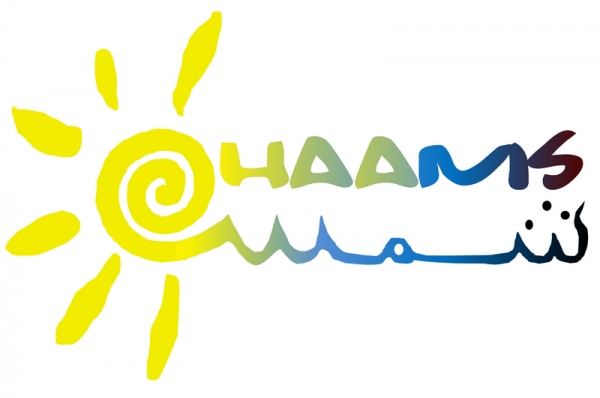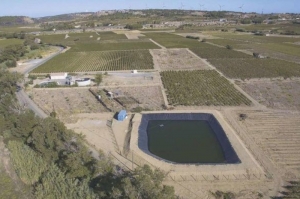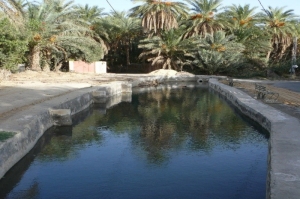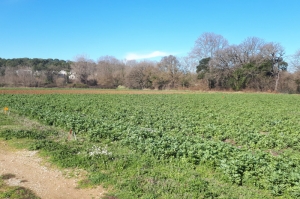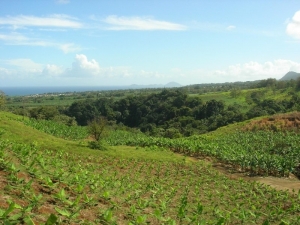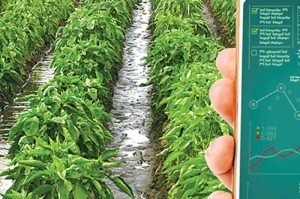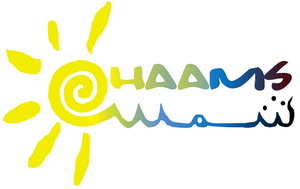 |
|
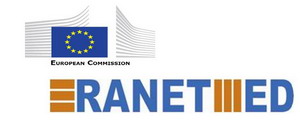 |
In the recent years, international organizations and a rich scientific activity have pointed out water as a strategic issue for the economic development of the Mediterranean region. This region is characterized by a severe and continuous decline in resources, both in terms of quantity and of quality, combined with an increase in demand, among which 70-80% relates to agricultural activities. This situation is exacerbated on the southern shore of the Mediterranean, where the specificity of climate (frequent droughts) combined with changes induced by human activities increase the risk of crises. The fragile secular balance between resources and uses in this difficult water context is thus now threatened by the profound and rapid upheavals in agriculture in the semi-arid regions of the South side. Agricultural territories, which consume and produce agricultural water and drinking water to satisfy multiple needs, are characterized by competition between different actors whose interdependencies result, inter alia, from the hydrological cycle. These issues are common to most of the Mediterranean countries, where the issues of sustainability, competition and interdependence are declined in different ways.
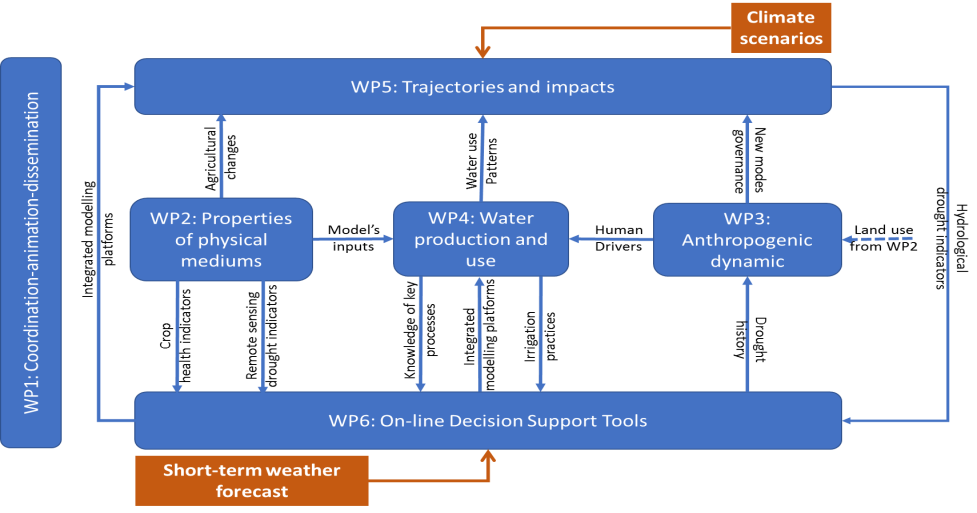
© Photo credit: Jarlan, 2018
In response to these societal questions, the project intends to implement a systemic approach of the eco-hydrological functioning of agro-systems in connexion with physical reservoirs (storage and renewal capacities) and actors (operators and managers). The targeted spatial scales are the scales of the decision-making processes ranging from the plot for irrigation water scheduling, the intermediate scale of the catchment for catchment planning to the whole Mediterranean region. The objective of our project is twofold: (1) to contribute to a better understanding of the evolution of resources under global change and to assess most probable water trajectories and (2) to propose several medium- and long-term innovative solutions to rationalize the use of agricultural water in the region built on existing decision-making tools developed by the consortium. The issue of water resources management and the associated hydrological cycle is adressed according to the duality of consumption (infiltration and storage in the root zone) and production (percolation to aquifers and runoff to artificial reservoirs), considering the interactions between upstream areas (snow cover, rainfed agriculture) and downstream areas (irrigated plains).
Four agrosystems of the southern Mediterranean are considered: the Tensift (Morocco), the Merguellil (Tunisia), the Lebna (Tunisia) and the Litani (Lebanon) basins. The four basins are characterized by the above-mentioned interactions between upstream / downstream areas and between rainfed / irrigated agriculture. The consortium is composed of 7 scientific partners with the support of 7 stakeholders. Implementation of the project on the four agrosystems involves the networking of perennial structures on the northern and southern shores of the Mediterranean, namely two international joint laboratories of the French Research Institute for Development (TREMA, NAÏLA), an associated international research group (O-LIFE) and four observation systems, three of which are involved into national and/or international networks (Merguellil (JECAM network), Lebna (OMERE french national network), Tensift (OZCAR/IRD national network, JECAM network), Litani (O-LIFE). This networking induces a strong mobility policy between the structures, to exchange and share knowledge on observation, modeling and integrated analysis. This mobility policy will be implemented primarily for young researchers in order to reinforce the Mediterranean dynamic that these young researchers will carry out in the decades to come.

© Crédit photo : Jarlan, 2018
Le projet cherche à mettre en œuvre une approche systémique du fonctionnement socio-hydrologique des agrosystèmes connectés aux réservoirs physiques et aux acteurs. Il souhaite tout d’abord contribuer à une meilleure compréhension de l’évolution des ressources suite au changement global et estimer les trajectoires probables de l’eau ; il a aussi pour ambition de proposer des solutions innovantes à moyen et long terme pour rationaliser l’usage de l’eau agricole.
Le projet explorera 4 agrosystèmes du sud de la Méditerranée : les bassins du Tensift (Morocco), du Merguellil (Tunisia), du Lebna (Tunisia) et du Litani (Lebanon). Ces 4 bassins sont caractérisés par des interactions entre des zones amont et aval, des agricultures pluviales et irriguées.


